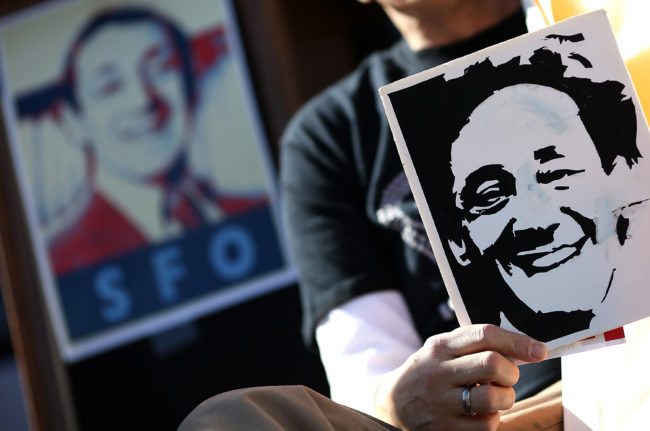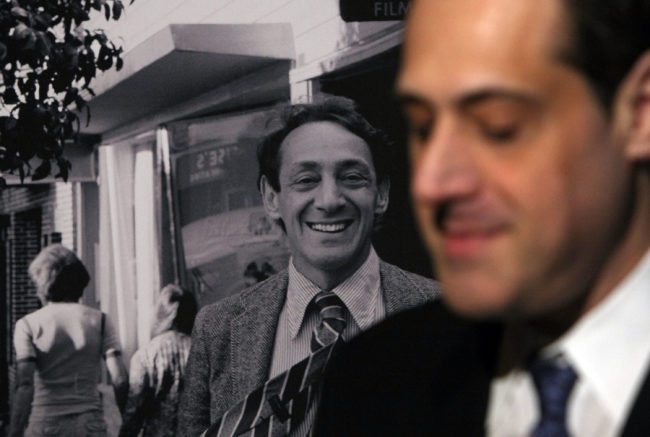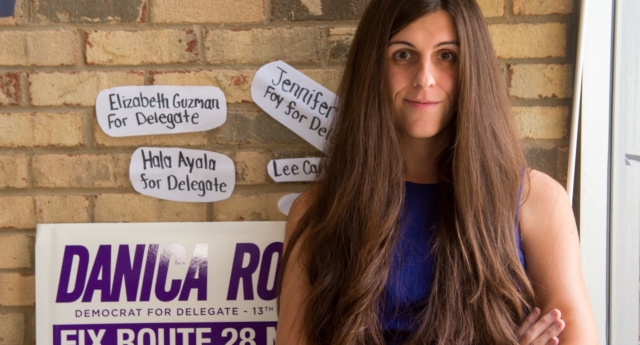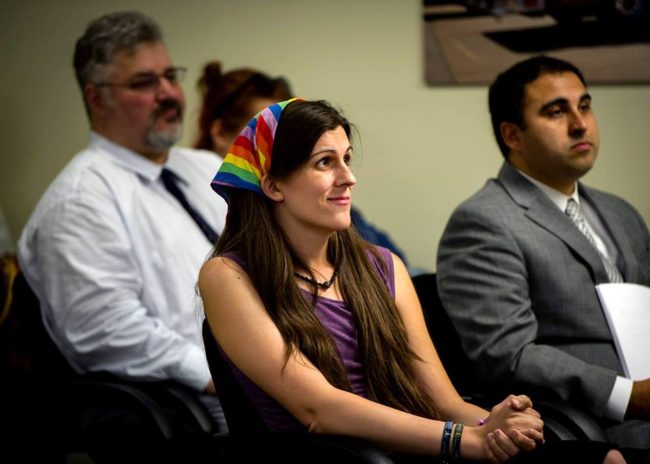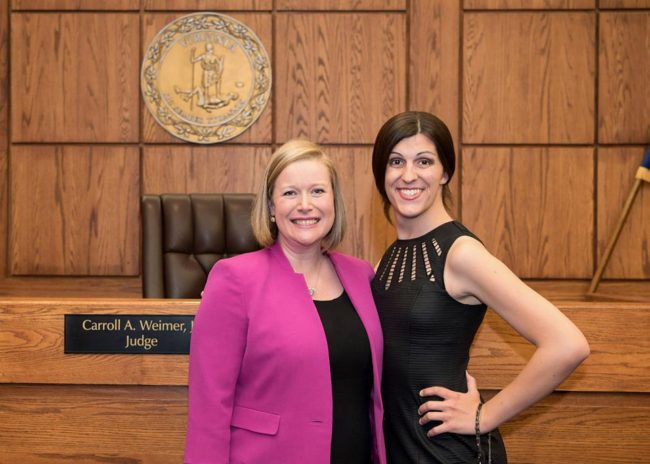Lambda Legal Brings Together 28 Other LGBT Organizations to Oppose Nominations of L. Steven Grasz and Mark Norris to Federal Bench
Lambda Legal and 28 other national, state, and local LGBT organizations sent a letter to the Senate Judiciary Committee ahead of a vote today urging them to oppose the nominations of Leonard Steven Grasz to the United States Court of Appeals for the Eighth Circuit and Mark Norris to the United States District Court for the Western District of Tennessee, stressing that their records “demonstrate that their appointments to the bench would cause grave harm to the LGBT community, as well as many other communities who rely on the federal judiciary to administer fair and impartial justice.”
In the letter, sent to the Senate Judiciary Committee this morning, the organizations set forth Steven Grasz’s “long history of targeting LGBT people,” and urge the committee to “heed the warning of the American Bar Association that Mr. Grasz is not qualified for an appointment on the federal bench because he is unable to put the law ahead of his personal beliefs and to administer fair and impartial justice to all litigants who might come before him.”
The letter notes that Grasz has “channeled his biased views into building a career of hollowing out laws designed to protect LGBT people from discrimination.” For example, Steven Grasz serves as the Director of the Board of the Nebraska Family Alliance (NFA) which has repeatedly targeted the LGBT community, including opposing “marriage equality, bans on conversion therapy, and anti-discrimination protections for LGBT people.” In his confirmation hearing on November 1, Grasz was given multiple opportunities by Senator Hirono to clarify and renounce his “‘deeply-held personal views’ and the positions of the NFA,” but repeatedly refused to do so. He also refused to answer Senator Feinstein’s questions about his views on so-called “conversion therapy,” (a practice designed to change someone’s sexual orientation or gender identity that has been deemed unethical by numerous leading medical associations), and refused to answer another line of questioning over whether or not same-sex parents were entitled to same rights as different-sex parents.
The letter also points out that at a 2013 convention in Omaha, “Grasz introduced a charter amendment to permit discrimination against LGBT people in employment.” He then agreed when asked by another convention attendee that the amendment would “create an exemption for business owners who don’t want to hire gays and lesbians to circumvent or do any end run around the city human rights ordinance.” Due to his deep and longstanding commitment to thwart, restrict and rollback the rights of LGBT people, the signatories to today’s letter believe that Grasz is simply “not fit for the job,” a lifetime appointment to the federal judiciary.
The letter also summarizes Mark Norris’s long record of targeting the LGBT community, noting that his “broader anti-civil rights record is so voluminous that it took the Alliance for Justice nearly 20 pages to summarize.” Among the most notable attacks on LGBT Americans was his support for “preemption legislation” in Tennessee that would prohibit cities in the state from passing non-discrimination protections on the basis of sexual orientation and gender identity. When Nashville enacted a nondiscrimination policy protecting LGBT people, Norris took the lead in pushing for the state’s preemption legislation, claiming that his efforts were “intended to balance the right of local governments and businesses to adopt anti-discrimination policies with the proper level of state oversight.” Notwithstanding these statements, Norris’ efforts were easily understood as an unveiled attempt to nullify nondiscrimination protections in one of Tennessee’s largest cities.
The letter also points to Mark Norris’s more recent attacks on the LGBT community, including his support in 2016 for legislation allowing mental health counselors to discriminate against LGBT clients, stating that it was “intended to protect the religious liberty of professional counselors.” He has also notably attacked LGBT youth, supporting legislation that prohibits teachers from discussing homosexuality in schools. Finally, throughout his career, as the letter outlines, Norris has routinely tried to undermine marriage equality and basic rights for transgender Americans.
The full letter, below, was sent to the Senate Judiciary Committee yesterday ahead of a committee vote on the nominations today. The full text can be found below and here: https://www.lambdalegal.org/
Two other controversial nominees are on today’s Judiciary Committee agenda, although the Committee is not expected to vote on them today: Don Willett and James Ho are both nominees for the Fifth Circuit. Earlier this month, Lambda Legal brought together 34 other LGBT groups to oppose the nomination of Willett. The letter on Willett’s nomination can be found here: https://www.lambdalegal.org/


